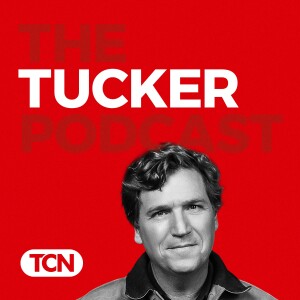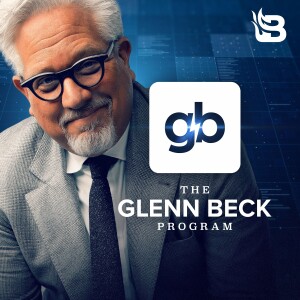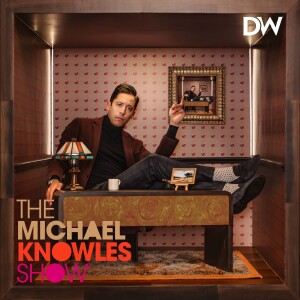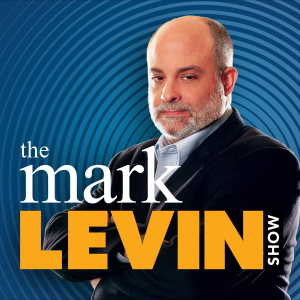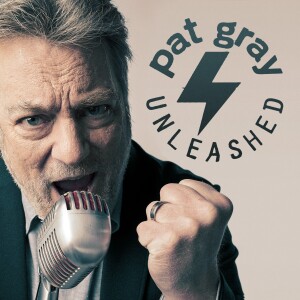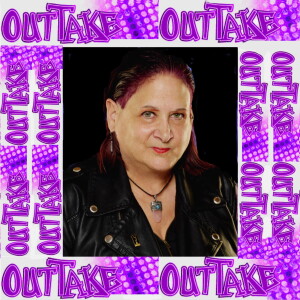

Robin McGehee, Co-Chair of GETEqual, who was arrested with gay activists Lt Dan Choi and Captain Jim Pietrangelo in front of the White House in protest of the military’s “Don’t Ask Don’t Tell” policy talks with Emmy Winner Charlotte Robinson, Host of OUTTAKE VOICES™ about the arrest and LGBT civil rights in 2010. The incident began when Choi asked to speak at the Human Rights Campaign rally and was turned down. The crowd then followed them tothe White House where Choi spoke out against DADT and then he and Pietrangelo in an act o...
Robin McGehee, Co-Chair of GETEqual, who was arrested with gay activists Lt Dan Choi and Captain Jim Pietrangelo in front of the White House in protest of the military’s “Don’t Ask Don’t Tell” policy talks with Emmy Winner Charlotte Robinson, Host of OUTTAKE VOICES™ about the arrest and LGBT civil rights in 2010. The incident began when Choi asked to speak at the Human Rights Campaign rally and was turned down. The crowd then followed them tothe White House where Choi spoke out against DADT and then he and Pietrangelo in an act of civil disobedience were handcuffed to the White House fence by McGehee and arrested.
View more
A trial is set for April 26th. When asked what they hope to accomplish McGehee stated, “Our biggest thing is highlighting the injustices out there. As a social movement we’ve had Stonewall and Act-Up as our fighting back mentality, highlighting the injustices and then having social change around those issues. But the reality is our movement as a whole has not applied nonviolent disobedience to the full federal equality message and that’s really where we are. Kip Williams and I are in the next step after the National Equality March. It’s to say, "Look we brought hundreds of thousands of people to Washington D.C. to march on the mall. We’ve done our statewide rallies. We’ve lobbied. We’ve written letters. We’ve phone banked. Now the only thing we know to do is create our lunch counter moment like other social movements before us and really highlight the injustice and give visual imagery to ways we are discriminated against and not only in a proactive way. So, for example in “Don’t Ask Don’t Tell”, that would be a proactive message to a plan, a strategy and then to provide visual imagery that is highlighting injustice in a reactive way.”
For more Info: GETEqual.org
Hear 90+ LGBT Leaders Interviews @OUTTAKE VOICES™
Comments (3)
More Episodes
All Episodes>>Creat Yourt Podcast In Minutes
- Full-featured podcast site
- Unlimited storage and bandwidth
- Comprehensive podcast stats
- Distribute to Apple Podcasts, Spotify, and more
- Make money with your podcast
It is Free


